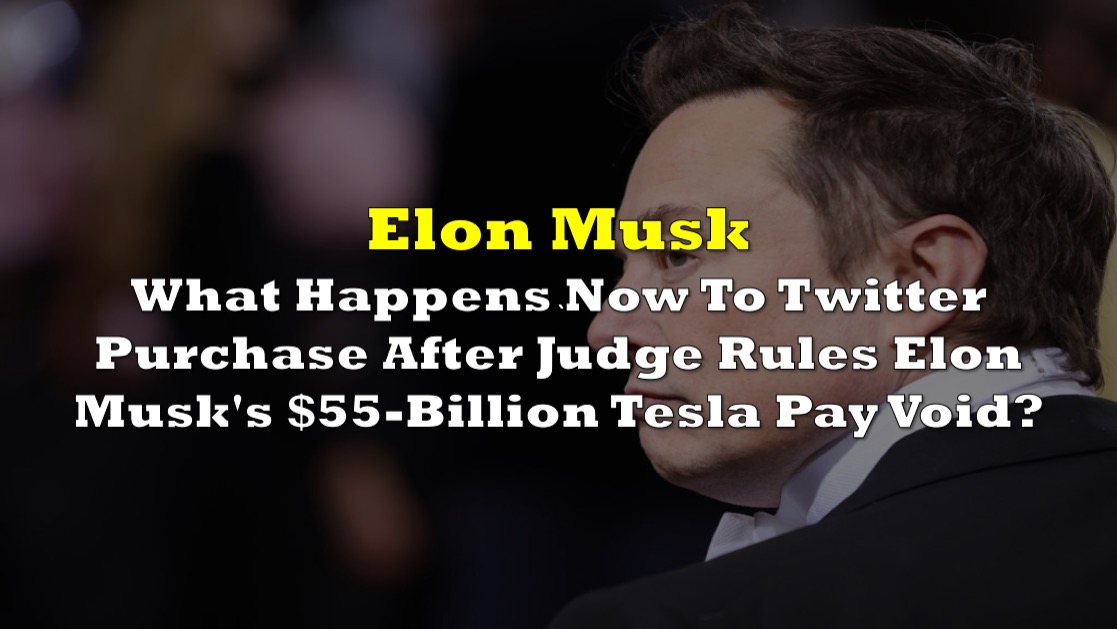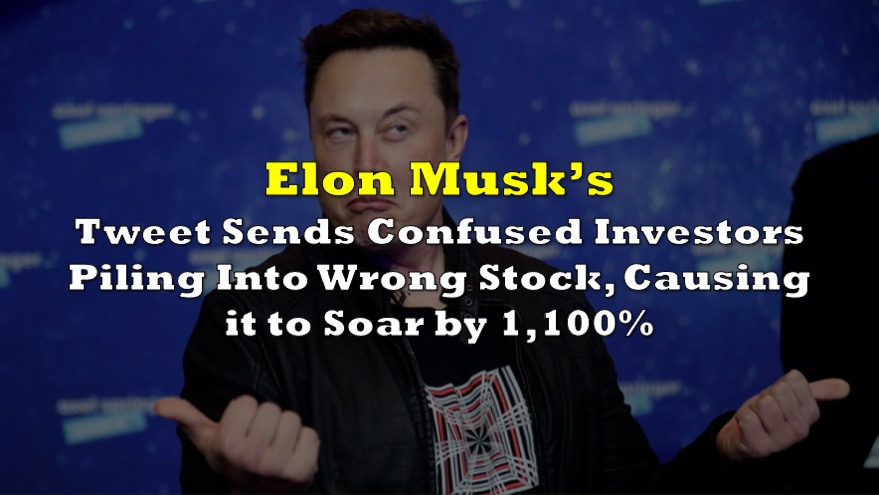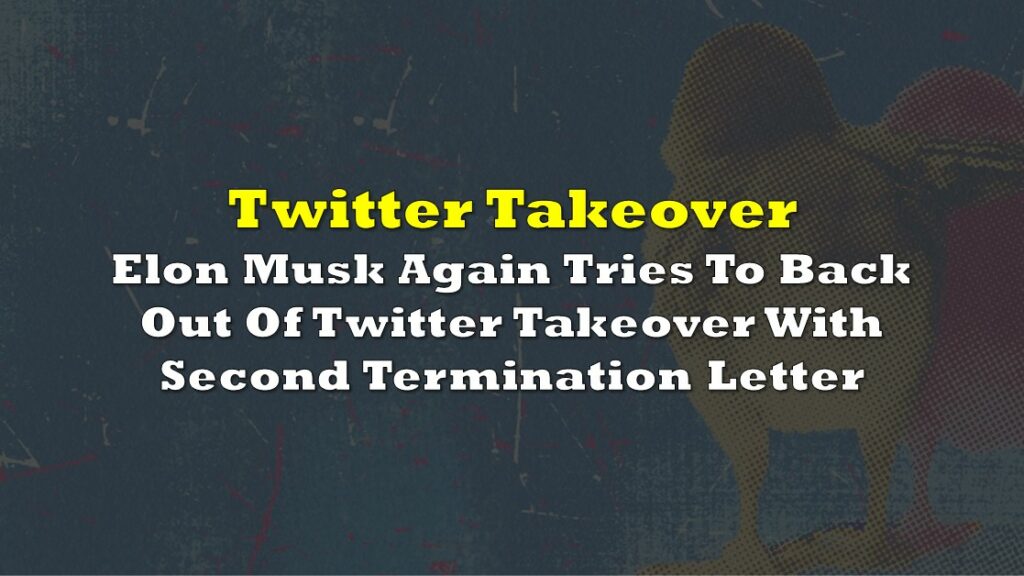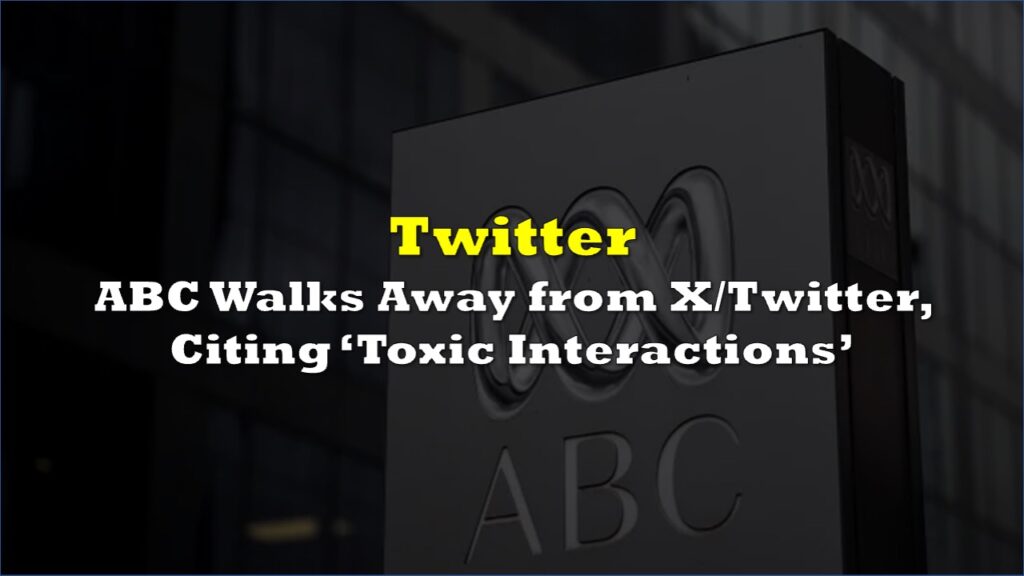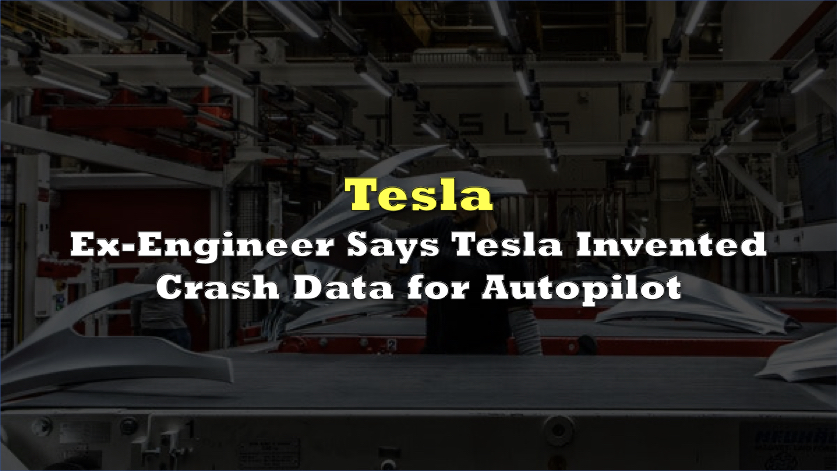In a recent derivative lawsuit against Tesla, Inc. (NASDAQ: TSLA), a stockholder plaintiff has successfully argued that Elon Musk, the world’s richest person, was overpaid through an exorbitant performance-based equity-compensation plan. The post-trial decision holds that Tesla’s directors breached their fiduciary duties in approving Musk’s compensation, raising questions about the fairness and transparency of the process.
The compensation plan in question is unprecedented in scale, offering Musk the opportunity to secure 12 tranches of options, each representing 1% of Tesla’s total outstanding shares as of January 21, 2018. To vest a tranche, Tesla’s market capitalization must increase by $50 billion, coupled with the achievement of either an adjusted EBITDA target or a revenue target in four consecutive fiscal quarters. With a maximum value of $55.8 billion, the plan was the largest potential compensation package ever observed in public markets.
The court’s decision asserts that the compensation plan is subject to review under the entire fairness standard, highlighting unique risks inherent in transactions involving a corporation’s controlling stockholder. The plaintiff argues that Musk’s extensive influence over Tesla, with a 21.9% equity stake and key corporate positions, qualifies the plan as a conflicted-controller transaction.
Delaware courts, in the past, have sidestepped definitively determining Musk’s control over Tesla, but this decision breaks new ground by acknowledging Musk’s significant sway over the company. The plaintiff’s victory shifts the burden of proof to the defendants, who failed to demonstrate the entire fairness of the compensation plan.
Never incorporate your company in the state of Delaware
— Elon Musk (@elonmusk) January 30, 2024
The court’s scrutiny extends to the flawed process leading to the plan’s approval. Musk’s close ties with negotiating parties, including a 15-year relationship with the compensation committee chair, Ira Ehrenpreis, raised concerns about the lack of meaningful negotiation. The committee’s reliance on Musk-associated individuals, such as General Counsel Todd Maron, further tainted the process.
Defendants attempted to defend the compensation plan by highlighting certain features as concessions, including a five-year holding period and an M&A adjustment. However, the court found these arguments unconvincing, emphasizing the absence of substantive negotiation and Musk’s unilateral control over the process timing.
The price analysis also came under scrutiny, with the court dismissing the “6% for $600 billion” argument as inadequate. Musk’s existing ownership stake gave him a substantial incentive to drive transformative growth, making the plan unnecessary for Tesla’s goals. The defendants failed to prove the ambitious nature of the milestones or justify the plan’s exceptionalism compared to private equity compensation plans.
The $TSLA 10-K said that Elon was granted options for ~ 304 million shares for the pay package that was just knocked down.
— funwithnumberz (@funwithnumberz) January 30, 2024
As of the latest proxy in early 2023, Musk had 411 million shares, plus options for those nearly 304 million. Pledges for loans were 238.4 million shares.
The Twitter/X angle
Back in 2022 when Musk was tugging back and forth with his $44-billion Twitter takeover, financing the purchase was part of the whole brouhaha. After failing to secure enough margin loan commitments, the billionaire decided to go through the acquisition with much equity financing.
Musk committed to providing $46.5 billion in equity and debt financing for the acquisition, covering both the $44 billion price tag and closing costs. Major banks, including Morgan Stanley and Bank of America Corp, pledged $13 billion in debt financing. Despite experts noting the firm commitments from the banks, constraining their ability to back out of the contract, potential significant losses loomed.
Musk’s $33.5 billion equity commitment involved his 9.6% Twitter stake valued at $4 billion and $7.1 billion secured from equity investors, such as Oracle Corp co-founder Larry Ellison and Saudi Prince Alwaleed bin Talal. This left Musk seeking an additional $22.4 billion to fulfill the equity financing aspect of the deal.
Musk also embarked on a series of Tesla share sales. In just three days within December 2022, he sold a total of 22 million shares, amounting to $3.58 billion. In November, Musk sold 19.5 million Tesla shares across three market days, generating cumulative gross proceeds of $3.9 billion. These transactions brought Musk’s total gross from selling Tesla shares since acquiring Twitter to approximately $7.4 billion.
It is worth noting that around a huge part of debt financing made to Musk personally to finance the acquisition is secured by his Tesla stock. It is quite unclear yet how the banks would be involved in this following the court’s decision to invalidated the Tesla chief’s record-breaking package.
The ONLY question the team at @GLJ_Research has Mr. @elonmusk/@MorganStanley is… how much of Musk's MS margin loan is secured by these shares… HE MAY NO LONGER OWN? And, are there terms in the loan docs which state he must immediately make MS whole? https://t.co/F61346io9B
— Gordon Johnson (@GordonJohnson19) January 30, 2024
In the final analysis, the court concluded that Musk’s self-driving process resulted in an unfair price for the compensation plan. The plaintiff now seeks rescission of Musk’s compensation plan, citing disclosure deficiencies and arguing that the court must act to rectify the fiduciary breach. While rescission is not an automatic result of disclosure deficiencies, the plaintiff contends it is the preferred remedy, as it can restore the parties to their pre-transaction position.
Information for this briefing was found via and the sources mentioned. The author has no securities or affiliations related to this organization. Not a recommendation to buy or sell. Always do additional research and consult a professional before purchasing a security. The author holds no licenses.

